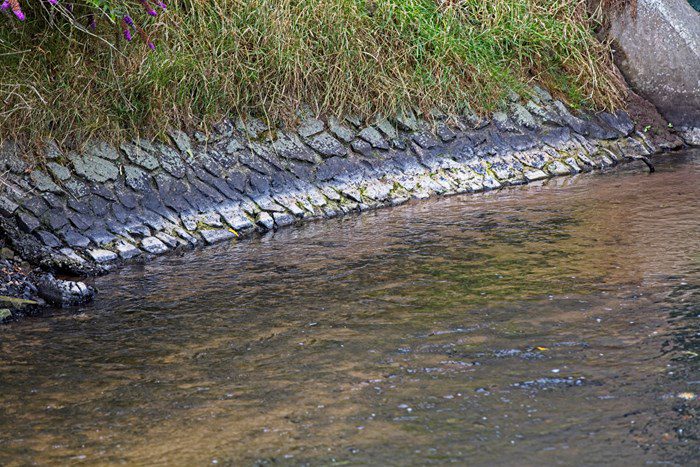The Scottish Environment Protection Agency (SEPA) are calling on businesses to pay urgent attention to the growing threat of water shortages and take action, as every part of Scotland has now reached some level of scarcity. SEPA forecasts that 28 out of 83 areas (a third) will be at Significant water scarcity level by 30th June 2023 if there is no recovery in river levels.
The latest report, published on SEPA’s website, reveals there has been no respite in any area, and the risk has increased for most. The isolated thunderstorms have done little to alleviate the situation and ground conditions continue to dry rapidly.
The Loch Maree area reached Significant last week, the highest risk level, and remains there this week. The Ness also remains at Moderate scarcity, the second highest level, and is joined by the Inner Hebrides, parts of the central belt, and the whole Southwest. The rest of Scotland is in Alert, with the exception of the Shetland islands at Early Warning.
The hot, dry weather is expected to continue and dominate into late June and early July, with any further short periods of intense rain unlikely to help water levels recover sufficiently. It follows a drier than average winter across most of the country, and a particularly dry May when Scotland received only 44% of the long-term average rainfall.
The First Minister last week convened a meeting of the Scottish Government’s Resilience Room (SGoRR), which focused on the situation and Scotland’s National Water Scarcity Plan. The plan is designed to ensure the correct balance is struck between protecting the environment and providing resource for human and economic activity during prolonged dry periods, and clearly sets out what actions SEPA and abstractors are required to take at each stage.
Engagement with businesses abstracting water from the environment has been ongoing to help build resilience and warn of the increasing likelihood of extreme weather events such as water scarcity.
SEPA has seen many examples of good practice and innovation, but the severity of the situation now means we must consider suspending abstraction licences in the coming week in the worst affected areas, including Dumfriesshire and other parts of the Southwest.
Guidance has been issued on which abstractors may be excluded from restrictions or have the volume of water they can take reduced rather than stopped. This will only be possible for a small number of abstractors. SEPA will be in direct contact with businesses affected to provide additional advice.
Nathan Critchlow-Watton, Head of Water and Planning at SEPA, said:
“Scotland’s climate is changing, and we urgently need to adapt. Severe water scarcity has significant impacts on our environment, our economy and society. Our rivers and lochs are under immense stress and it’s clear further action will be needed to protect them.
“We’ve been working with businesses for some time, with a clear message around adaption. We’re seeing some progressive and innovative responses and we understand the challenges Scottish businesses are facing. That’s why any decision to suspend licences will not taken lightly. However, the situation is deteriorating fast, and we strongly urge those abstracting water from the environment to be aware of the immediate risk and follow our advice and guidance.
“Last year, we warned a decrease in summer rainfall may exert pressure on areas that have not experienced water scarcity before, and that’s now happening. It is vitally important that Scotland is prepared to deal with water scarcity both now and in the future and people work together to plan for and manage water scarcity events.”
The combination of very low river flows and high temperatures poses a real threat to fish, invertebrates and plants. While some parts of river ecology can recover quickly, others such as fish and plant populations can be seriously damaged longer-term or lost completely.
Abstractors and irrigators are asked to manage water wisely, check SEPA’s water scarcity reports regularly and be aware of the situation in their area. They should regularly check abstraction equipment to make sure it’s in good condition and fix any leaks straight away. During dry periods, the volume and rate of abstractions should be reduced where possible.
It is also crucial for businesses to have a contingency plan for if restrictions are put in place by SEPA on abstractions. This can include using an alternative source if available within current authorisations.
More information, guidance and advice can be found at www.sepa.org.uk/waterscarcity.






